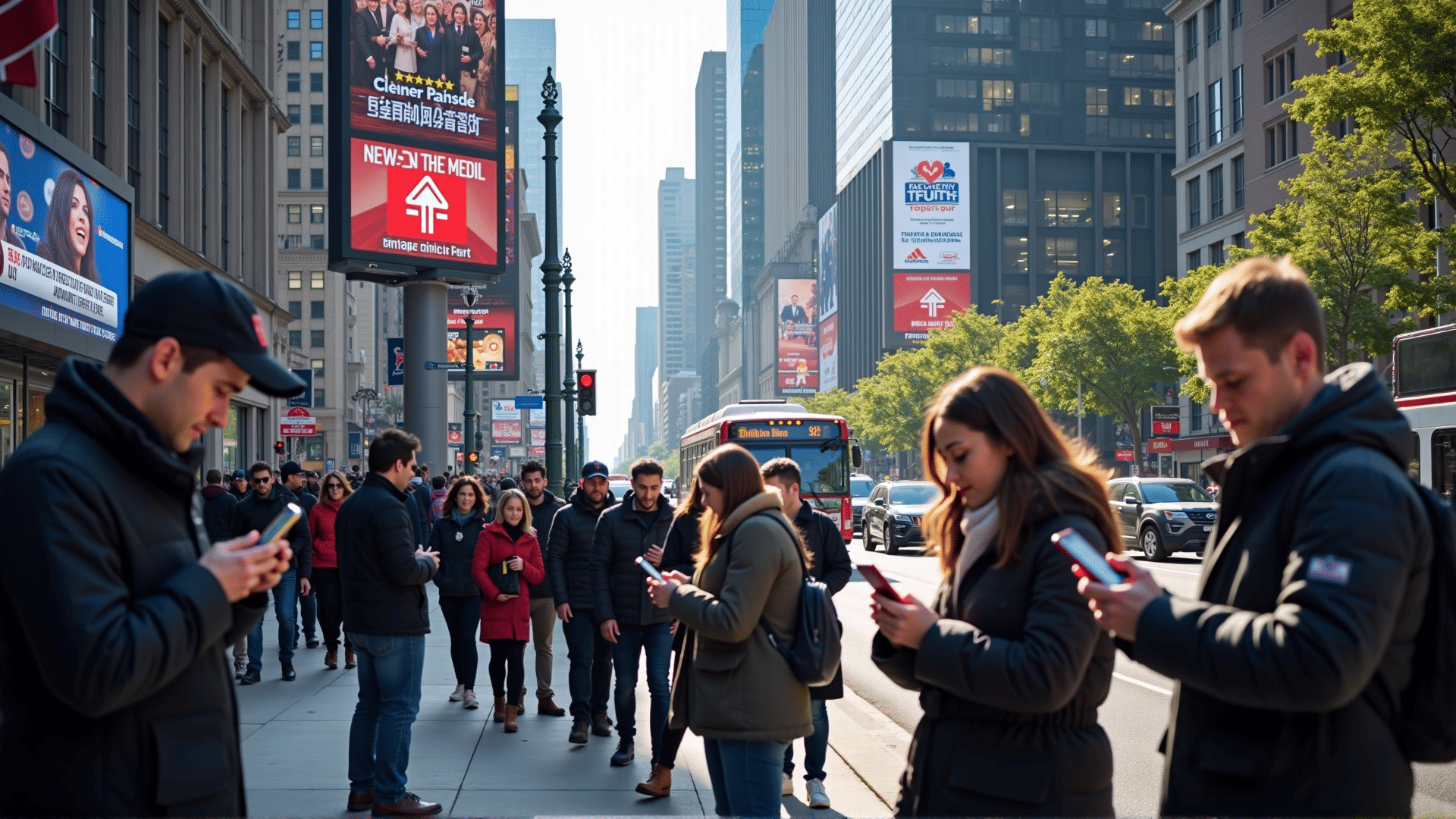Media plays a multifaceted role in society, serving as both a mirror and a molder of public consciousness. At its core, journalism is the most recognized function of media, tasked with the fundamental role of providing information. Journalists strive to deliver accurate, timely, and relevant news to the public, ensuring that citizens are informed about events locally, nationally, and globally. This function underpins the democratic process by enabling informed decision-making, facilitating public discourse, and holding those in positions of power accountable.
Another critical function is to offer a platform for debate and discussion. Media outlets often cultivate spaces for diverse opinions, fostering a healthy environment for democratic dialogue. Through opinion pieces, debates, interviews, and talk shows, media encourages the exchange of ideas, promoting understanding and empathy among different societal groups.
Media also contributes significantly to shaping social norms and cultural values. Through various forms of content, it highlights societal issues, advancing conversations around topics such as equality, justice, and rights. TV shows, films, and even social media narratives can challenge stereotypes, spotlight marginalized voices, and drive societal progress. In doing so, media can either reinforce existing cultural narratives or catalyze change, depending on the messages it amplifies.
Moreover, media possesses the power to influence public opinion and perception. By deciding which stories to cover and how to present them, media can sway public attitudes and priorities. This influence extends beyond news reporting to include entertainment and other content forms, which also communicate social and ethical values. As such, media holds a significant responsibility to act ethically and impartially.
Educational content is another important aspect of media's role in society. Documentaries, educational programs, and instructional content contribute to the learning and development of audiences. They provide access to information and resources that might not otherwise be available, democratizing knowledge and facilitating lifelong learning for people of all ages.
While media has immense potential for positive impact, it also bears the risk of misinformation and sensationalism. The pressure to capture audience attention can sometimes lead to exaggerated reporting or the dissemination of unverified information. Therefore, media literacy is increasingly vital, empowering consumers to critically evaluate the information they encounter and make discerning judgments about its credibility.
In conclusion, media is a powerful societal pillar that informs, educates, and influences public opinion and social norms. As it continues to evolve, driven by technological advances and changing consumer behavior, its role in society becomes even more complex and significant. Ensuring ethical practices and fostering media literacy are paramount in harnessing the full potential of media to benefit society at large.
